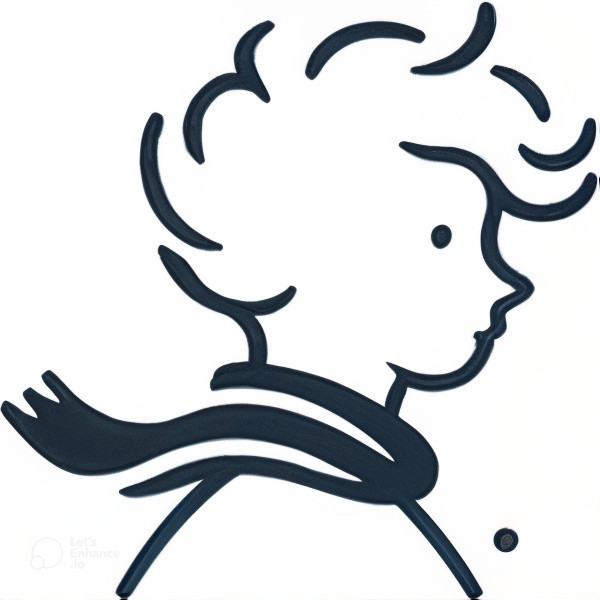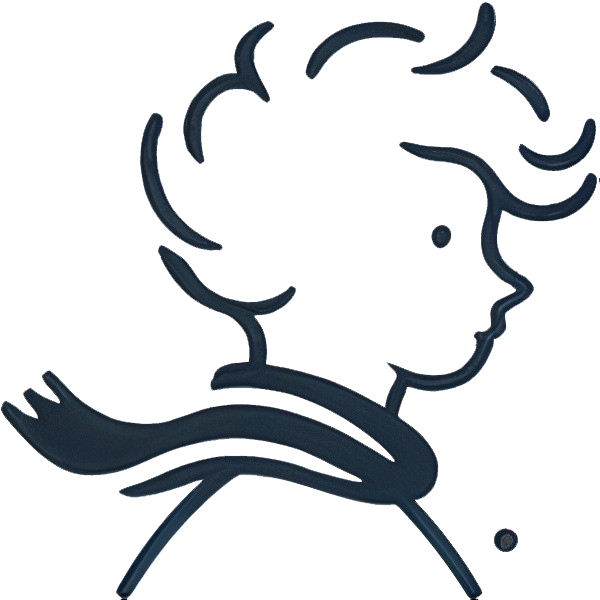2.
Then he flew back and told the Prince what he had seen.
"I am covered with fine gold," said the Prince, "you must take it off, leaf by leaf, and give it to my poor; the living always think that gold can make them happy."
Leaf after leaf of the fine gold the Swallow picked off, till the Happy Prince looked quite dull and grey. Leaf after leaf of the fine gold he brought to the poor, and the children's faces grew rosier, and they laughed and played games in the street. "We have bread now!" they cried.
Then the snow came, and after the snow came the frost. The streets looked as if they were made of silver, they were so bright and glistening; long icicles like crystal daggers hung down from the eaves of the houses, everybody went about in furs, and the little boys wore scarlet caps and skated on the ice.
The poor little Swallow grew colder and colder, but he would not leave the Prince, he loved him too well. He picked up crumbs outside the baker's door when the baker was not looking and tried to keep himself warm by flapping his wings.
But at last he knew that he was going to die. He had just strength to fly up to the Prince's shoulder once more. "Good-bye, dear Prince!" he murmured, "will you let me kiss your hand?"
"I am glad that you are going to Egypt at last, little Swallow," said the Prince, "you have stayed too long here; but you must kiss me on the lips, for I love you."
"It is not to Egypt that I am going," said the Swallow. "I am going to the House of Death. Death is the brother of Sleep, is he not?"
And he kissed the Happy Prince on the lips, and fell down dead at his feet.
At that moment a curious crack sounded inside the statue, as if something had broken. The fact is that the leaden heart had snapped right in two. It certainly was a dreadfully hard frost.
- Happy Prince -





